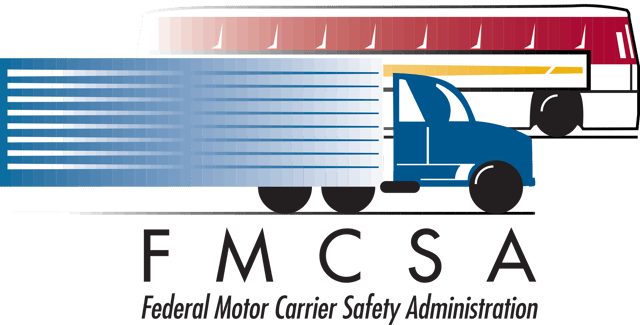
As of December 16, 2017, The Federal Motor Carrier Safety Administration requires that commercial drivers maintain a record of their trips using an electronic logging device (ELD).
According to the FMCSA, the mandate will save the commercial driving industry $1 billion a year via reduced paperwork and labor. Additionally, the FMCSA estimates that new regulations will save 26 lives per year by minimizing driver fatigue. As your company prepares to meet these new standards, here are some guidelines to consider.
This article covers the FMCSA mandate and how the best fuel cards make compliance easier.
Exemptions to the FMCSA mandate
This ELD mandate will apply to all drivers who are required to keep records of their duty status, but there are a few exceptions. Drivers are exempt if they:
- Keep records of duty status in eight or fewer days out of every 30 working days
- Conduct drive-away and tow-away operations
- Operate vehicles older than model year 2000
ELD Device Specifications
As per FMCSA guidelines, the ELD must automatically:
- Record the date, time, location, engine hours, vehicle miles, and ID information of the driver
- Sync with the vehicle to note precise times when the engine is turned on or off
- Transmit data via wireless device, Bluetooth, email, or USB Drive in the event of a roadside inspection.

Supporting Documents
Though the ELD allows the driver to input their drive time, location, engine hours, and vehicle miles, commercial drivers will still be required to submit supporting documents to verify these claims. Depending on the industry, drivers must keep up to eight supporting documents for every 24-hour period that includes on-duty time.
The FMCSA’s list of approved documents includes:
- Bill of lading, itineraries, schedules, or other documents that show the origin and destination of each trip
- Dispatch records, trip records or similar documents
- Expense reports or receipts (meals, fuel, etc.)
- Electronic mobile communication records
- Payroll records, settlement sheets or similar documents that show the amount and method of payment
It will be the driver’s responsibility to submit these documents to their carrier within 13 days of receiving them, and the carrier must store these documents for six months to remain compliant with FMCSA standards.
Fuel Cards Make FMCSA Compliance Simple
As drivers and carriers scramble to remain compliant with the ELD regulations, fuel cards have become a preferred method of documentation. They:
- Automatically record fuel transactions
- Record every transaction without the need for manual input
- Meet the informational requirements of FMCSA ELD mandate, including:
- Driver name or driver number or vehicle unit number
- Date
- Location
- Time
As the commercial driving industry adjusts to the new ELD regulations, companies should implement tools that simplify documentation for their drivers. Using a card program for refueling is an easy way to meet FMCSA compliance guidelines. The drivers’ information is electronically sent to the carrier, eliminating the need to collect and mail physical receipts. By using these cards, companies eliminate the risk of lost receipts, and all transactions are stored online for easy access should an audit request additional documentation about a driver’s trip.




